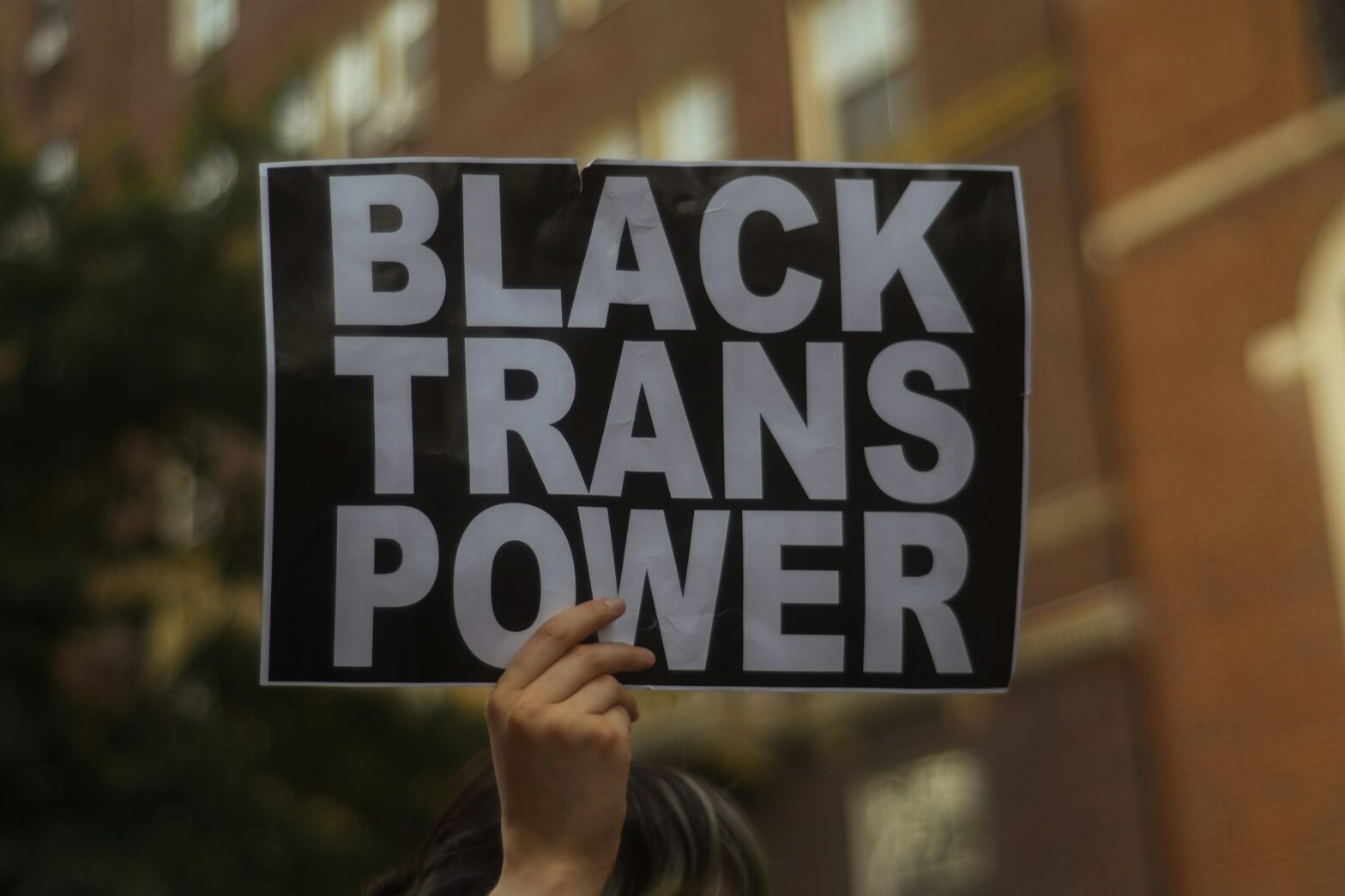Federal judges have come to a decision about a contested 2022 congressional redrawing and redistricting of political maps in Tennessee that has allegedly disrupted Black and Democratic voters’ impact.
According to the Associated Press, a federal panel of three judges issued a ruling on August 28 dismissing a 2023 lawsuit against the redistricting.
The federal decision said, “In sum, the complaint alleges facts that are consistent with a racial gerrymander.” It added, “But the facts are also consistent with a political gerrymander.”
The judges argue that there was likely a different “straightforward explanation” for the southern state’s Republican legislative supermajority. The federal panel cited “naked partisanship” as the possible cause.
The judges reportedly noted in their dismissal that plaintiffs could refile the lawsuit within the next 30 days. However, the amended complaint would have to “plausibly disentangle race from politics.”
The panel gave directions for the lawsuit’s possible refiling. The federal judges want it to avoid focusing on how the Tennessee Legislature allegedly diluted Black and non-white communities’ voting rights. The amended lawsuit would need to “more than plausibly allege that Tennessee’s legislators knew that their Republican-friendly map would harm voters who preferred Democratic candidates—including the higher percentage of minority voters who preferred those candidates.”
Why Is The Federal Ruling In Tennessee Important Regarding Voting?
The plaintiffs—those who filed the 2023 lawsuit—included the Tennessee State Conference of the NAACP, the African American Clergy Collective of Tennessee, the League of Women Voters of Tennessee, the Equity Alliance, and individual Tennessee voters. Their complaint challenged the roles of the current governor, Republican Bill Lee, other appointed Republican government leaders, and the Tennessee State Election Commission.
The lawsuit argued that the 2022 redistricting violated the Fourteenth and Fifteenth Amendment rights of Black and other voters of color. The filing asserted that the Tennessee Legislature knowingly proposed the political redrawing, which would “dilute the votes of and adversely impact” voters of color in Davidson and Shelby counties. The suit further claimed the redistricting ignored “traditional” procedure to politically divvy up otherwise united Black and non-white communities, therefore lessening the impact of those votes and making it unable to elect those groups’ “candidates of choice.”





